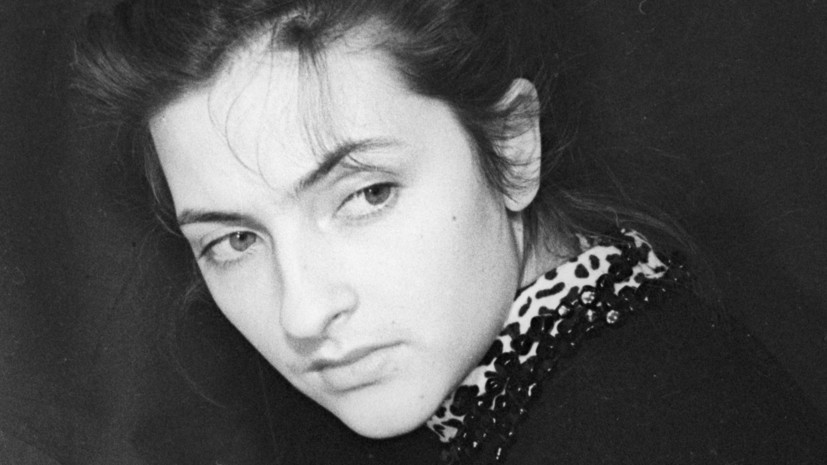A study, quoted by biziday.ro, a document published in the Lancet and explained by the BBC, shows that among girls vaccinated more than a decade ago in the UK (and now over 20 years old) the incidence of cervical cancer as well as the occurrence of precancerous formations decreased by 87%. In 2008, Romania was among the first countries to introduce HPV vaccination, simultaneously with the United Kingdom, but the campaign was soon stopped. It was resumed only in 2020.
Cancer Research UK, which considers the study to be “historic”, shows that there is a real chance for the complete elimination of this type of cancer, caused in almost all cases by a papillomavirus (HPV). More than 100 types of human papillomaviruses are known, which are also transmitted by men, who, however, rarely develop a form of genital cancer. From 2019, in the UK the vaccine is also offered to boys.
Cervical cancer is the fourth most common cancer in women worldwide, causing more than 300,000 deaths each year. More than 100 countries have begun using the vaccine as part of the World Health Organization’s plans to move closer to eliminating cervical cancer.
In the UK, girls are offered the vaccine between the ages of 11 and 13, and it is recommended before the start of sexual life, but has since been extended to teenagers up to the age of 18.
The researchers point out that although the importance of the study is undeniable, there are still questions about how long the protection lasts and whether a booster should be given later.
In 2008, Romania was among the first countries to introduce HPV vaccination, simultaneously with the United Kingdom, but the campaign was soon stopped. It was resumed in 2020, when, according to a Hotnews analysis, less than 30,000 girls were vaccinated. In Romania, approximately 3,300 cervical cancers are diagnosed annually in women aged between 25 and 50 years.
photo source: Ro vaccinate Facebook
– .


